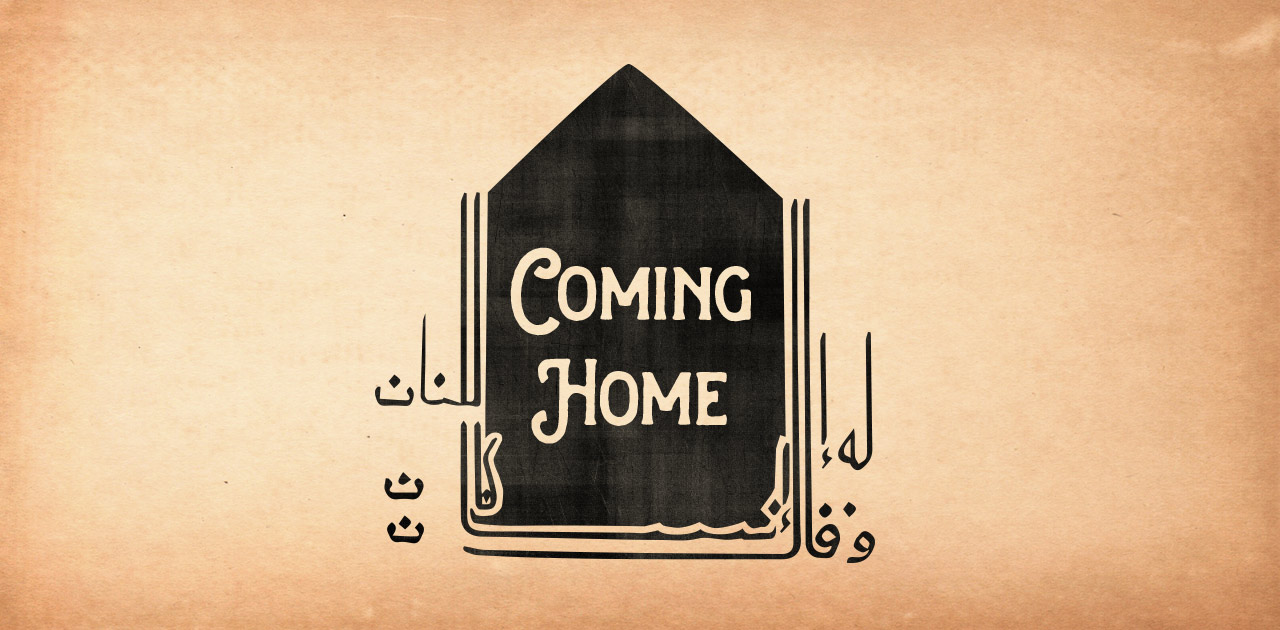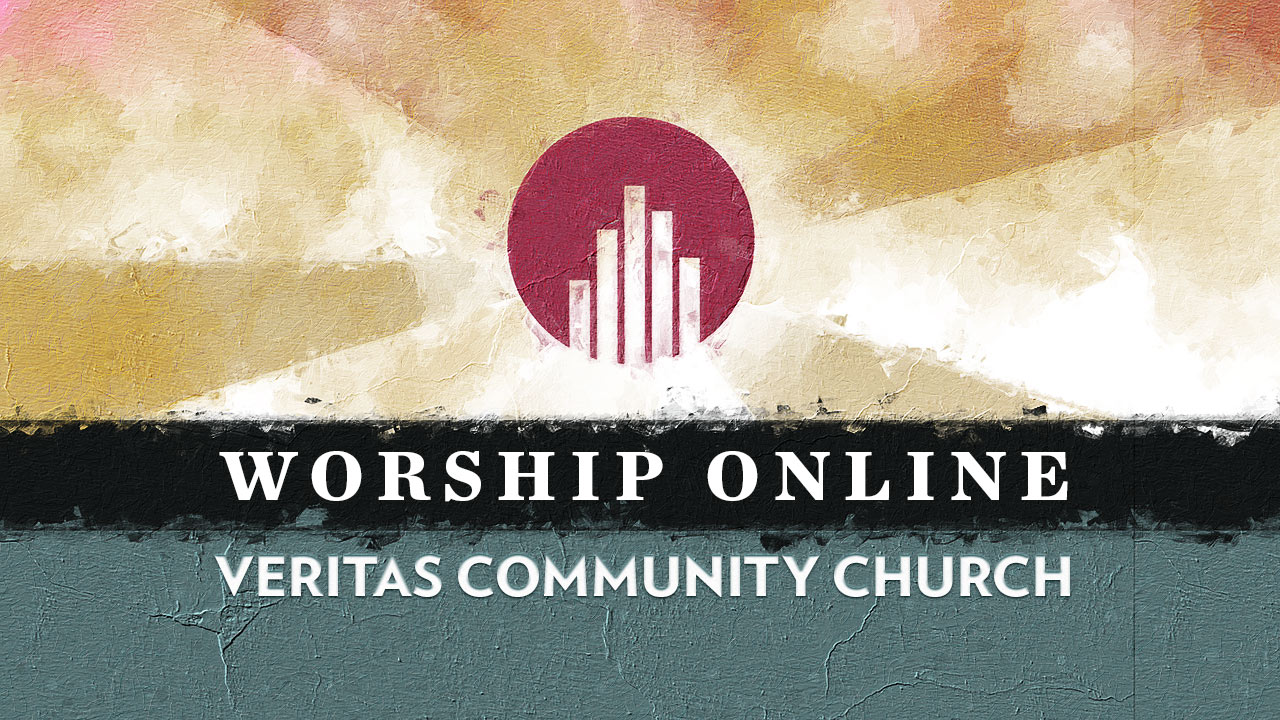
The Kiss of Grace
Congregation: Tri-City
Series: Coming Home
Speaker: Scott Hambrick
Scripture Text: Luke 15:11-24
The Parable of the Prodigal Son
And he said, “There was a man who had two sons. And the younger of them said to his father, ‘Father, give me the share of property that is coming to me.’ And he divided his property between them. Not many days later, the younger son gathered all he had and took a journey into a far country, and there he squandered his property in reckless living. And when he had spent everything, a severe famine arose in that country, and he began to be in need. So he went and hired himself out to one of the citizens of that country, who sent him into his fields to feed pigs. And he was longing to be fed with the pods that the pigs ate, and no one gave him anything.
“But when he came to himself, he said, ‘How many of my father's hired servants have more than enough bread, but I perish here with hunger! I will arise and go to my father, and I will say to him, “Father, I have sinned against heaven and before you. I am no longer worthy to be called your son. Treat me as one of your hired servants.”’ And he arose and came to his father. But while he was still a long way off, his father saw him and felt compassion, and ran and embraced him and kissed him. And the son said to him, ‘Father, I have sinned against heaven and before you. I am no longer worthy to be called your son.’ But the father said to his servants, ‘Bring quickly the best robe, and put it on him, and put a ring on his hand, and shoes on his feet. And bring the fattened calf and kill it, and let us eat and celebrate. For this my son was dead, and is alive again; he was lost, and is found.’ And they began to celebrate.
Luke 15:11-24
- The events conveyed in verse 12 appear simple and straightforward. Discuss how applying the cultural context can give us a much fuller interpretation of how Jesus’ hearers understood the story he was telling. Contrast what should have happened in that time and place versus what the father actually did in v. 12. What does this reveal about the father’s heart?
- Read vv. 13-16 and discuss the details of the son’s demise. Share your own stories of how your walking away, squandering, and selling out have resulted in you being “jealous of pigs.”
- In v. 17 we see how hunger may have brought clarity to the son’s thinking, but what thoughts of confession in 18 and 19 show a sincere repentance of heart? Discuss how your repentance often arises only after realizing the foolishness and dissatisfaction of living apart from the Father. (“The end of me is not the enemy…” – Jason Gray)
- Read vv. 20-24 and this quote from C. H. Spurgeon:
“I understand it now; I see how He kisses all my sin away; and when it rises, He kisses it away again; and when I think of it with shame, He gives me another kiss; and when I blush all over at the remembrance of my evil deeds, he kisses me again and again, to assure me that I am fully and freely forgiven.”
At what point did the father begin to extend welcoming grace – before or after confession was made? Discuss the marvelously radical implications of this key point in both the parable and in your life.
- The parable hearers, the son, the father, the village, and even we ourselves know that the son’s actions require justice, consequences, and repayment of debt. What/Who is the foundation of God’s inexhaustible grace?
Take some time to flesh out the rich Gospel parallels from the beginning to end of this text, and rejoice in the full and free forgiveness found in Jesus – the perfect Son!



Comments are closed.